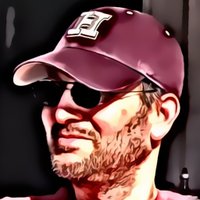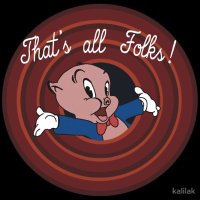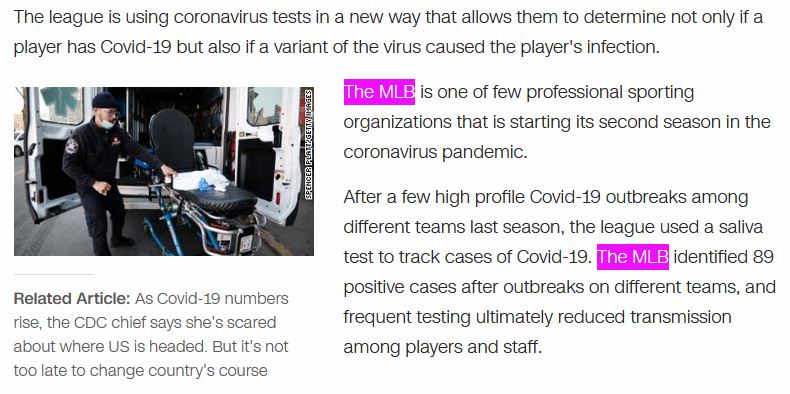Harvard computer science prof interested in scholarly communication.
ID: 114037343
http://www.occasionalpamphlet.com/ 13-02-2010 22:13:16
1,1K Tweet
1,1K Takipçi
89 Takip Edilen

Congrats to my grad alma mater Stanford University for their new #openaccess policy, widening the 2010 Stanford Graduate School of Education policy to the whole university. Fantastic! And thanks go to Stanford University Libraries for establishing the new Office of Scholarly Communications. stanford.io/37lKHdB

New NeurIPS Conference paper: "Investigating Gender Bias in Language Models Using Causal Mediation Analysis" Link: proceedings.neurips.cc/paper/2020/fil… With Jesse Vig Sebastian Gehrmann Sharon Qian Daniel Nevo Yaron Stuart Shieber (@[email protected])





Sometime in the last month, the guide to good practices for university #openaccess policies that I maintain with Stuart Shieber (@[email protected]) passed the milestone of 300,000 page views. bit.ly/goodoa

Carlos O'Donell That’s the most important thing I learned in college. (Unless you count meeting my wife. But we’re still married because I try to make it easy for her to give me an “A”.) Giving credit where it’s due, I learned it from Stuart Shieber (@[email protected]).



I do not think it is possible to say very much with confidence about the sentience of LaMDA — or of any other computer system — on the basis of transcripts. Stuart Shieber (@[email protected])’s “The Turing Test as Interactive Proof” convincingly explains why not. dash.harvard.edu/handle/1/20272… 1/

Which patents get accepted? How do the standards for innovation evolve over time? What kinds of technologies turn over more quickly? In joint work with Mirac Suzgun Luke Melas-Kyriazi Scott Kominers and Stuart Shieber (@[email protected]), we introduce a dataset that may help address questions like these [1/n]
![𝐒𝐮𝐩𝐫𝐨𝐭𝐞𝐞𝐦 𝐒𝐚𝐫𝐤𝐚𝐫 (@suproteemsarkar) on Twitter photo Which patents get accepted?
How do the standards for innovation evolve over time?
What kinds of technologies turn over more quickly?
In joint work with Mirac Suzgun <a href="/lukemelas/">Luke Melas-Kyriazi</a> <a href="/skominers/">Scott Kominers</a> and <a href="/pmphlt/">Stuart Shieber (@pmphlt@mas.to)</a>, we introduce a dataset that may help address questions like these [1/n] Which patents get accepted?
How do the standards for innovation evolve over time?
What kinds of technologies turn over more quickly?
In joint work with Mirac Suzgun <a href="/lukemelas/">Luke Melas-Kyriazi</a> <a href="/skominers/">Scott Kominers</a> and <a href="/pmphlt/">Stuart Shieber (@pmphlt@mas.to)</a>, we introduce a dataset that may help address questions like these [1/n]](https://pbs.twimg.com/media/FXZdxh_UIAA9_tJ.png)



Since we first distributed our #goodOA guide 10 years ago today, over 70 institutions have enacted simpatico #openaccess policies. We'd love to know ([email protected]) if it's helped you too! bit.ly/goodoa h/t Peter Suber (@[email protected])
